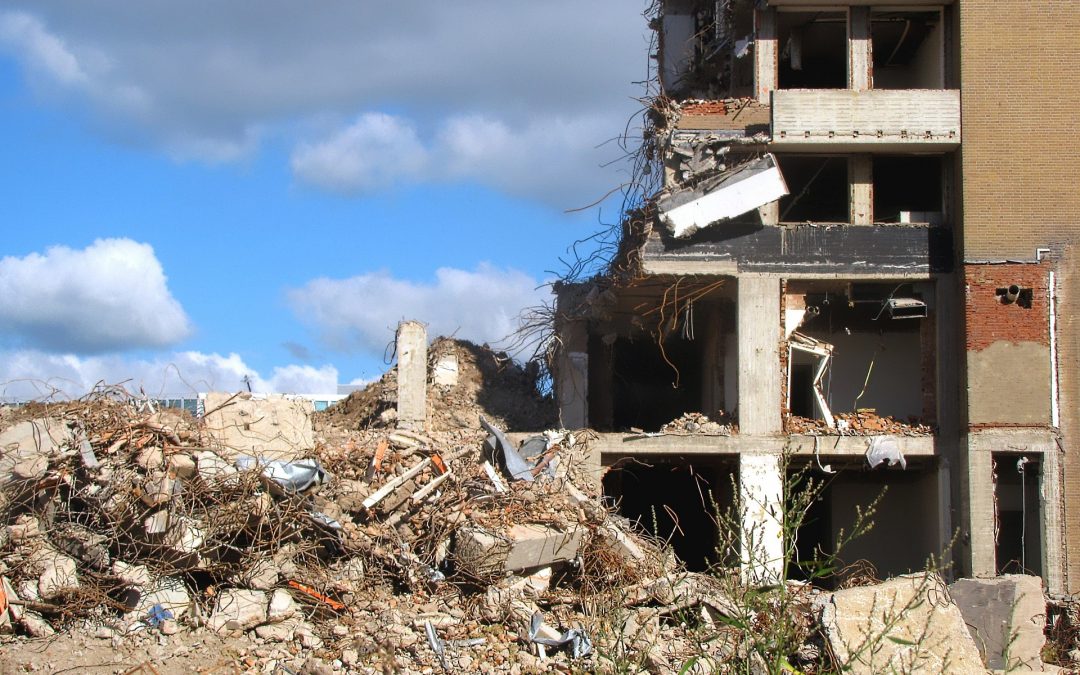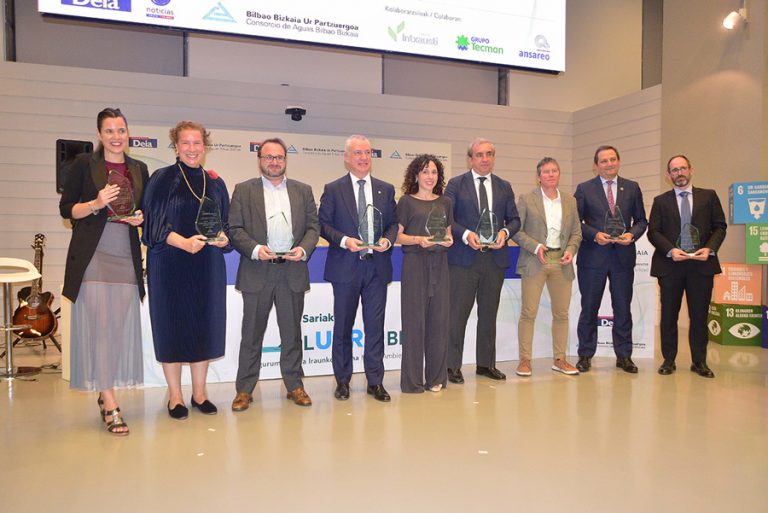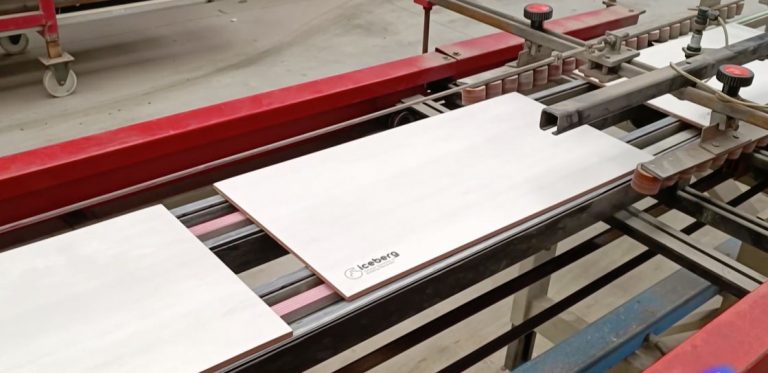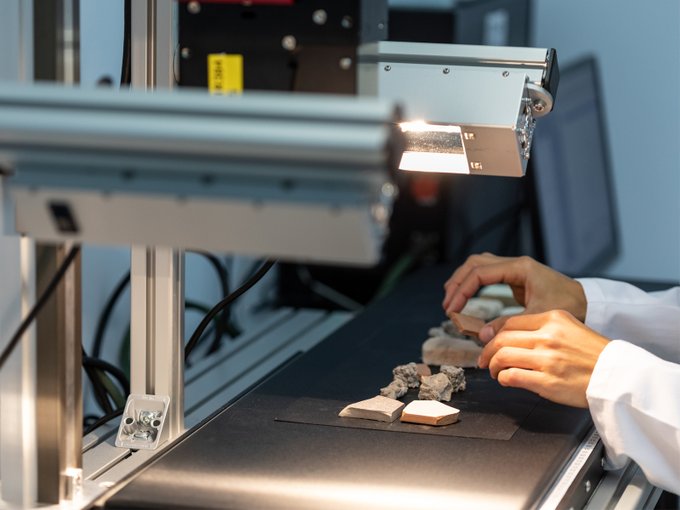Representatives of the 35 ICEBERG partners will take part in the meeting on the 18th; an expert workshop on the project achievements, software, recycling technologies, new products and regulation recommendations has been organised for the following day.
The ICEBERG project – headed by TECNALIA Research & Innovation and in which 35 private and public organisations from ten European countries have taken part – is coming to its final stretch; its final meeting will be held in Ghent (Belgium) on 18 and 19 April, when it will showcase the advances accomplished over the four years and will go over the work in the six case studies and in the different activity areas.
The conference, with the participation of the partners that have led the different work areas, will start at 10.00 a.m. on the 18th. An online and in-person workshop for an expert external audience has been organised to start at 8.30 a.m. on the following day; the project results will be presented and different work areas will be analysed: smart services and software for end-of-life building materials, advanced sorting and recycling technologies, new circular building products and policy recommendations. The workshop is for a‘Specialized technical audience’, including entities from sister projects, professionals (demolition companies, recycling companies, architects, engineering companies, manufacturers, etc.), etc. Free registration.
The European project ICEBERG – acronym of Innovative Circular Economy Based solutions demonstrating the Efficient recovery of valuable material Resources from the Generation of representative End-of-Life building materials – is funded by the European Union within the Horizon 2020 Framework Programme for Research and Innovation (contract 869336). It aims to tackle the circularity of some of the most common building materials, from the recovery and recycling of construction and demolition waste (CDW) to the development of more sustainable products.
The aim is to design, develop and validate innovative reuse systems and technologies, which allow high value reliable and recovered materials – with low levels of impurities (under 8%) – to be produced. The industrial-scale validation will involve six case studies in different locations in Europe, thus covering the circularity of concrete, ceramics, wood, plaster, insulating foams and super-insulating materials. The intention is also to improve the reliability and acceptability of recycled materials from construction sector waste.
The ICEBERG project has run for four years, with a budget of €15,667,498, out of which the European Union has contributed €12,997,935. In the first half of the project, tools and technologies were developed to improve the traceability, identification, separation, recycling and reuse of materials from construction and demolition waste. The second part of the project has focused on demonstrating the solutions in six case studies, and analysing their economic and environmental impact.





